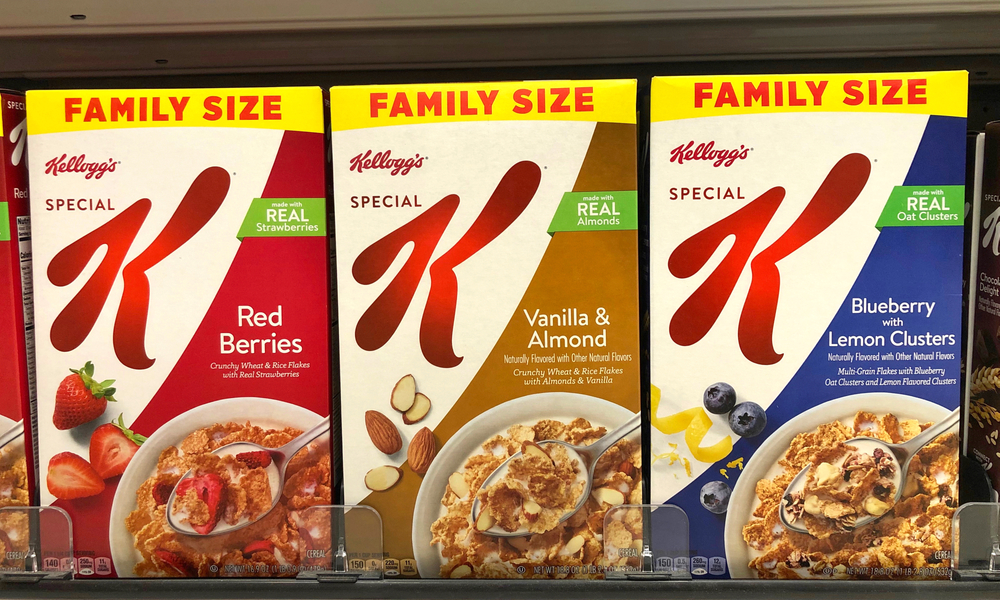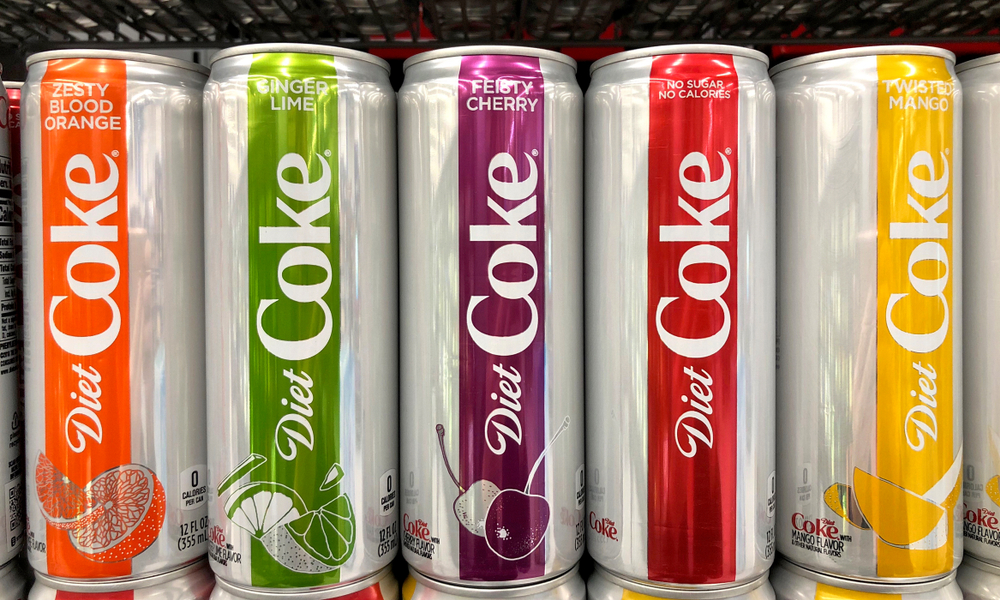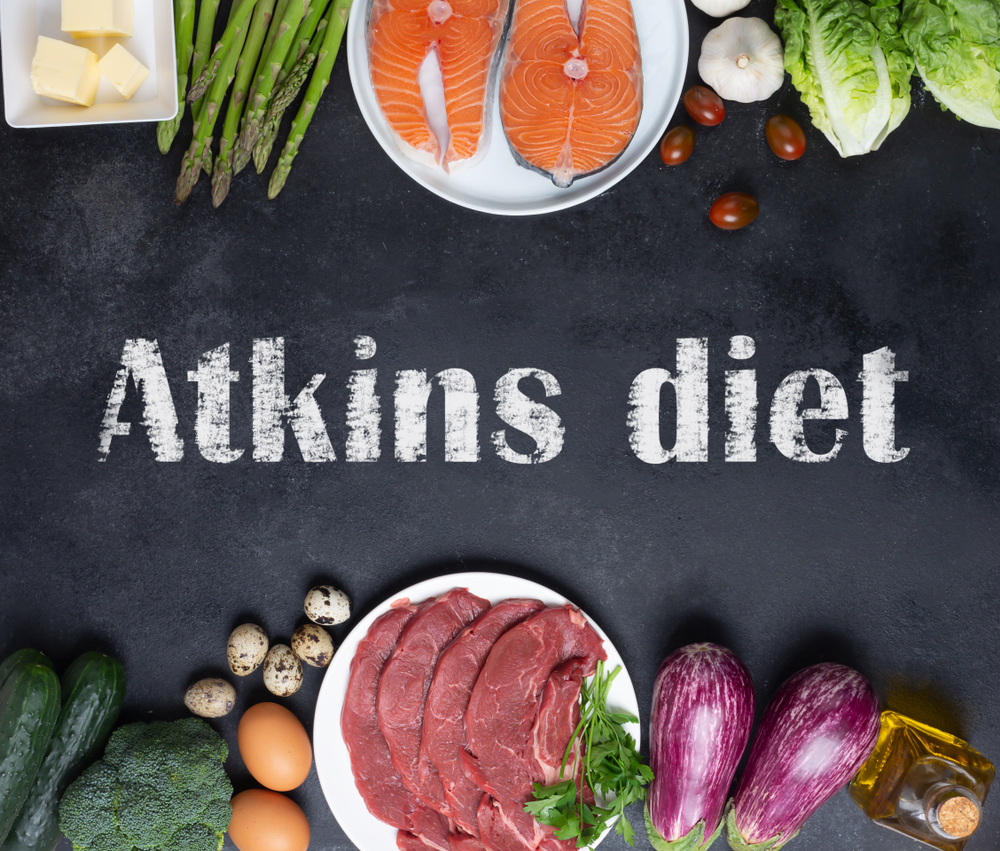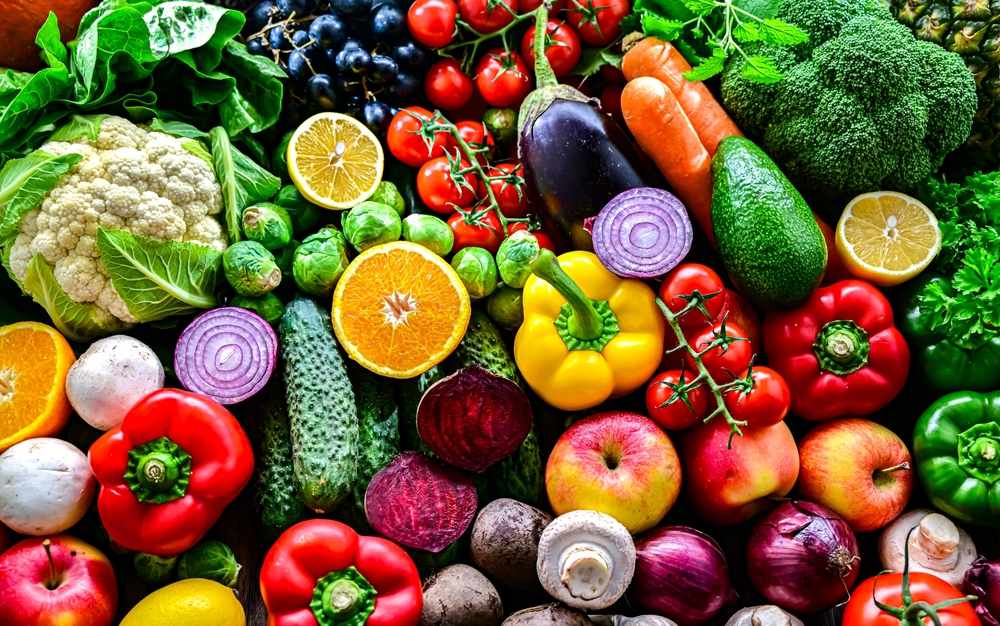10 Health Fads From the Past That Don’t Hold Up Today
Over the years, many health trends have promised quick fixes for weight loss and wellness, but not all of them stand the test of time. While some fads may have seemed appealing at the time, they often lack scientific support and can even lead to negative health effects. It’s important to look beyond trendy diets and focus on evidence-based practices that promote long-term well-being.
This post may contain affiliate links, which helps keep this content free. Please read our disclosure for more info.
Master Cleanse

The Master Cleanse, also known as the Lemon Detox Diet, involves drinking a concoction of lemon juice, maple syrup, cayenne pepper, and water while abstaining from solid food for a period of time. While some people reported rapid weight loss during the cleanse, it does not provide essential nutrients, and the extreme calorie restriction can lead to nutrient deficiencies and metabolic slowdown. Experts agree that there are healthier, more sustainable ways to detoxify the body, and prolonged fasting may harm rather than help long-term health.
The body has its own detoxification system, primarily through the liver and kidneys, which makes extreme cleanses unnecessary. Instead of relying on restrictive fasting or liquid-only diets, maintaining a balanced diet rich in fruits, vegetables, whole grains, and lean proteins supports the body’s natural detox processes without depriving it of essential nutrients.
Cabbage Soup Diet

The Cabbage Soup Diet is a short-term, low-calorie diet that involves eating large amounts of cabbage soup along with a limited selection of other foods over seven days. While the diet leads to rapid weight loss, this is primarily due to the extreme calorie restriction rather than any real fat-burning process. Once the diet is over, many people quickly regain the weight they lost, often leading to a cycle of yo-yo dieting.
This fad fails to provide balanced nutrition and can cause issues like low energy, irritability, and muscle loss. A healthy, long-term approach to weight management involves a well-rounded diet, regular physical activity, and maintaining a calorie balance that supports overall well-being.
Special K Challenge

The Special K Challenge encouraged people to eat Special K cereal for two meals a day, along with one regular meal. This diet gained popularity in the early 2000s, offering weight loss through calorie reduction and the convenience of ready-to-eat meals. While it may lead to short-term weight loss, it lacks the variety and nutrients required for long-term health and sustainability.
Relying on cereal alone does not provide enough protein, fiber, or healthy fats, which are crucial for a balanced diet. Rather than quick fixes, focusing on a nutrient-dense, balanced eating plan can promote sustainable weight loss and improve overall health without unnecessary restriction.
Juicing Everything

Juicing became a popular trend, where people replaced meals or snacks with juice made from fruits and vegetables. While juices can offer a concentrated source of vitamins and minerals, they lack the fiber found in whole fruits and vegetables, which is essential for digestion and maintaining healthy blood sugar levels. Overconsumption of juice can also lead to a high intake of sugar, which can cause blood sugar spikes and contribute to weight gain.
Rather than relying solely on juices, it is better to consume a variety of whole foods to ensure adequate fiber intake and maintain a healthy blood sugar balance. Incorporating fruits and vegetables into balanced meals is a more effective way to support health and prevent nutrient deficiencies.
Diet Sodas as a Weight-Loss Tool

Diet sodas, often marketed as a healthier alternative to sugary beverages, became popular in the 1980s and 1990s. They contain artificial sweeteners, which are calorie-free and thus assumed to contribute to weight loss. However, studies suggest that diet sodas may actually lead to weight gain and an increased craving for sweet, high-calorie foods, possibly due to the disruption of appetite-regulating hormones.
Furthermore, some research indicates that artificial sweeteners may have negative effects on gut health and metabolism. Instead of relying on diet sodas, it is healthier to focus on drinking water, herbal teas, or naturally flavored water to stay hydrated without the negative side effects.
Atkins Diet

The Atkins Diet gained fame as a low-carbohydrate, high-protein diet that promised quick weight loss. Initially, it helped people shed pounds by reducing carb intake, but over time, this approach was found to be unsustainable for many individuals. Eliminating entire food groups, especially fruits, vegetables, and whole grains, can lead to nutrient imbalances and long-term health risks such as kidney strain and heart disease.
Rather than cutting out carbs entirely, a more balanced approach involves consuming complex carbohydrates from whole grains, legumes, and vegetables, which provide important fiber and nutrients while supporting energy needs. Focusing on a balanced, nutrient-dense diet is more beneficial for long-term health.
The Cookie Diet

The Cookie Diet is a fad that involves replacing meals with specially formulated low-calorie cookies. Promoted as an easy way to control calorie intake, the diet severely restricts nutrient intake by limiting food variety. While it might lead to temporary weight loss, it is not a sustainable or healthy way to manage weight long-term.
This restrictive diet deprives the body of essential nutrients like healthy fats, fiber, and protein, which are necessary for maintaining muscle mass, regulating hormones, and supporting overall health. Instead of turning to cookie-based diets, a more balanced approach to eating with whole foods is far more effective and sustainable.
The Baby Food Diet

The Baby Food Diet involves consuming several jars of baby food throughout the day, often as meal replacements, to control calorie intake and aid in weight loss. While this may limit calorie consumption, it fails to provide adequate nutrition for adults, who require a broader range of vitamins, minerals, and macronutrients to maintain energy and muscle mass.
Relying on baby food for weight loss is not a sustainable or healthy strategy. A better approach involves eating nutrient-dense whole foods, focusing on balanced meals with appropriate portions to support long-term weight management and overall health.
The Ice Cream Diet

The Ice Cream Diet promised weight loss by consuming mostly ice cream, with small portions of fruits and vegetables. While this approach might be fun for those with a sweet tooth, it lacks nutritional balance, leading to a diet high in sugar and fat with few essential nutrients. Over time, such a diet can lead to weight gain, insulin resistance, and poor metabolic health.
A balanced approach to eating involves incorporating a variety of whole foods, including healthy fats, lean proteins, and complex carbohydrates, while indulging in sweets only in moderation.
The Raw Food Diet

The Raw Food Diet advocates eating only raw, unprocessed foods, primarily fruits, vegetables, nuts, seeds, and sprouted grains. While consuming raw foods can provide health benefits, such as increased fiber intake, this diet can also lead to nutrient deficiencies, especially in areas like protein, calcium, and iron, as it excludes cooked or processed food entirely.
Cooking foods can make some nutrients, like lycopene in tomatoes and beta-carotene in carrots, more bioavailable. A balanced diet that includes both raw and cooked foods ensures that the body gets all the essential nutrients for optimal health without any major deficiencies.
This article originally appeared on Avocadu.
